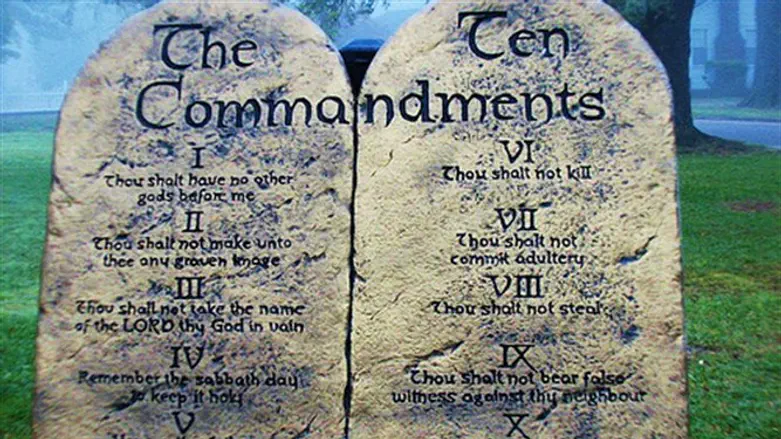
May we, on our זמן מתן תורתנו, and every day, once again be, as we were on that wondrous day, כאיש אחד בלב אחד: ‘as one man, with one heart’!
Chag Sameach!
‘MY place, in the desert’. The fight for position
We read in Bamidbar, (2:1-22) of the commandment to separate the twelve tribes into four ‘groups’, each of three tribes, one to each of the four ‘winds’, in the travels of Bnei Israel, in Midbar Sinai.
Our sages relate, that Moshe was troubled by this commandment, fearing it would cause strife, as, if he were to direct, say, Yehuda to camp in the west, he would reply: I only want to be in the south, and so with each of the tribes.
Hashem ‘appeased’ him, by telling him that it was not necessary for him to ‘be involved’, as each tribe already had a ‘tradition’ from Yaakov Avinu, as to their places.
Rav Elya Lopian, notes that Hashem did not, in fact, ‘deny’ Moshe’s concern, and wonders: How can it be that this unique generation, which had accepted the Torah as ‘one man with one heart’, could indeed ‘rebel’ should Moshe, at Hashem’s command, directed them to a specific station?
He answers: So strong is the יצר הרע of one’s honor, that it was indeed likely, as Moshe Rabenu feared, to cause strife, in the quest for a ‘better’ position!
His ‘proof’:How often does it occur, that when one is honored to be called up, say, fourth or fifth, and someone else is called up, say to the third or sixth aliyah- more ‘important’ aliyot- the former is distraught, as if his whole world has collapsed!
The Gemara (Sanhedrin 102.) relates the wondrous episode when Hashem, in person, offered King Jeroboam, despite his grievous sins, including idol-worship, a further chance to repent, saying: Repent, and I and you and Ben Ishai נטייל בגן עדן:together will ‘walk’ in Gan Eden; asks Jeroboam: who will be at the head? Answers Hashem: Ben Yishai; responds Jeroboam: I am not prepared to be second to David!
And so, Jeroboam declines, and returns to his idolatrous practices; and, as our sages relate (Sanhedrin 90.) he is one of those that have no share in Olam Haba!
Comments Rav Nebenzahl: his misplaced sense of his honor, led him, when he felt he was not receiving ‘his due, to be prepared to lose ‘all’.
If this is the reaction of Jeroboam, whose great wisdom and Torah learning, is taught by our sages, we can glean how ‘real’ the danger one’s sense of honor, can be!
And the antidote? To be faithful to the ways of Moshe Rabeinu, the humblest of men, to ‘run away’ from thoughts of honor.
A parting thought: Our sages say (Eruvin 13:):He who runs away from honor, is the one who will be ‘chased’ by honor’!